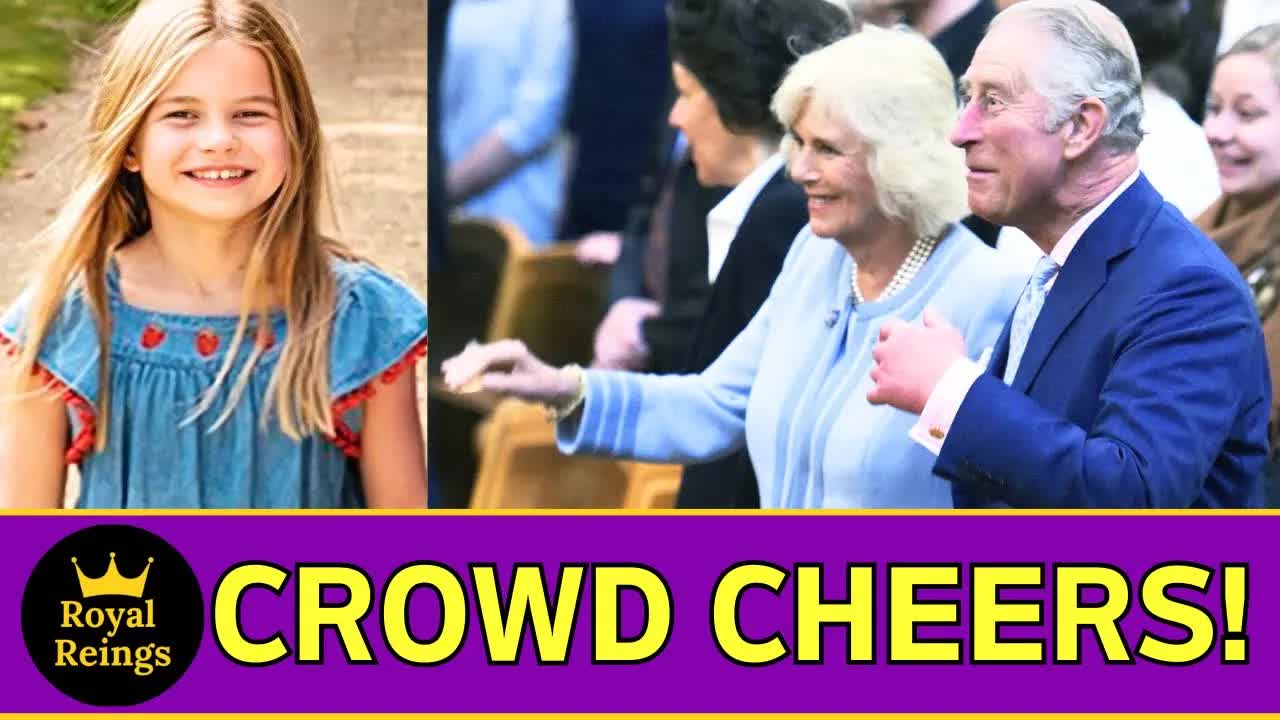In a world where tradition often clashes with contemporary values, Princess Charlotte stands out as a beacon of modern royalty.
This young royal, who is third in line to the British throne, has captured the public’s imagination with her impressive skills, charitable spirit, and budding leadership qualities.
From the moment she was born, Charlotte’s life has been anything but ordinary.
Starting her Spanish lessons at just two years old, thanks to her nanny Maria Teresa Tayan-Below from Spain, she’s already showcasing remarkable linguistic skills.
This early exposure not only demonstrates her adaptability but also reflects her parents’ dedication to providing her with a culturally rich upbringing.
In an age where global awareness is crucial, Charlotte embodies the essence of a modern royal.
But it’s not just her language skills that make her stand out.
Charlotte is actively involved in charitable endeavors, such as her participation with the Baby Bank charity.
These efforts reveal a compassionate heart, rooted in the values instilled by her parents, Prince William and Kate Middleton.
Despite her young age, she displays a strong sense of empathy and responsibility towards those in need.
When it comes to fashion, Charlotte is making waves with what many have dubbed the “Charlotte Effect.”
Her wardrobe choices often set trends worldwide, blending royal elegance with contemporary flair.
Families across the globe resonate with her style, which strikes a perfect balance between honoring royal traditions and embracing modern aesthetics.
It’s a testament to her influence as a young style icon.
Charlotte’s emerging leadership skills are evident during public appearances, where she often takes on the role of guiding her younger brother, Prince Louis.
This was particularly highlighted during events like Trooping the Colour, where her composure and maturity were on full display.
Such moments hint at her potential future role within the monarchy, suggesting that she may one day be a leader in her own right.
A significant milestone in her royal journey is that Charlotte is the first British princess to benefit from gender-neutral succession laws.
This progressive change ensures that she remains third in line to the throne, regardless of the birth of her younger brother.
This shift symbolizes a broader evolution within the royal family towards gender equality, positioning Charlotte as a vital figure in this transformation.
Looking ahead, speculation abounds regarding Charlotte’s future roles.
Will she reign as queen, or will she support her elder brother, Prince George, in his duties?
Either way, her potential to champion modern values—such as sustainability, mental health awareness, and gender equality—remains a focal point of interest.










